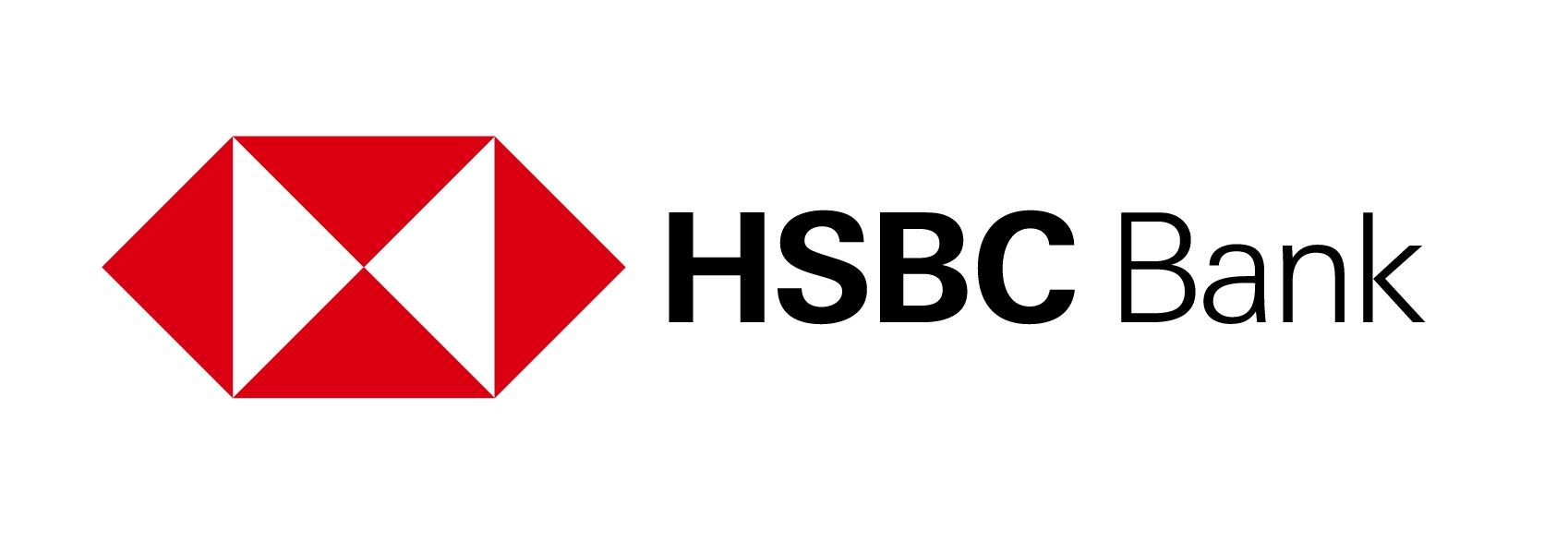Canadian dollar’s decline could continue if U.S. Fed hikes rates higher

Article content
Bank of Canada senior deputy governor Carolyn Rogers said the central bank will be keeping an eye on the loonie when deciding whether to freeze rates or deliver another hike this year.
Advertisement 2
Article content
The Canadian dollar won’t be the central bank’s main focus. That will be inflation, which Rogers reiterated remains way too high. But she acknowledged that a weaker dollar has the potential to make the Bank of Canada’s attempt to contain price pressures more complicated.
Article content
“We don’t target the Canadian dollar,” Rogers told reporters March 9 following a speech in Winnipeg hosted by the Manitoba Chambers of Commerce. “Certainly, we will watch the Canadian dollar if there is a depreciation of the dollar against other currencies, particularly U.S. dollar. The U.S. is one of our key trading partners, that could potentially feed through to some inflationary pressure as import costs go up for Canada.”
Article content
After the Bank of Canada held its benchmark rate at 4.5 per cent on March 8, the Canadian dollar slipped over one per cent to 72 cents against the U.S. dollar throughout the day. That’s the lowest since October.
Article content
Advertisement 3
Article content
That decline could continue if the U.S. Federal Reserve makes good on market expectations that it will hike the federal funds rate to 5.5 per cent or higher. Chair Jerome Powell said this week that rates may have to go higher than he expected at the start of the year because he’s been unable to tame inflation.
Still, it’s unclear the Bank of Canada will have to follow the Fed. Karl Schamotta, chief market strategist at Toronto-based financial consultant Cambridge Mercantile Corp., said the passthrough of a lower Canadian dollar to higher costs hasn’t been as dramatic as people think over the past few decades.
“I think that’s something that most Canadians just don’t realize,” Schamotta said. “Prices in Canada do not respond to the exchange rate as quickly as they think they do.”
Advertisement 4
Article content
Schamotta added that he expects the Bank of Canada to focus on domestic inflation developments rather than currency dynamics.
Bank of Nova Scotia economist Derek Holt has been one of the louder voices on Bay Street warning about the dollar. He said this week that the Bank of Canada appears to be less concerned about the exchange rate than it has been in the past, noting that policymakers merely observed in the policy statement that the “U.S. dollar has strengthened.” That doesn’t imply alarm.
Holt also flagged that the statement lacked a reference to “excess demand,” the term the Bank of Canada uses when its calculations show demand has exceeded its estimate of the economy’s ability to supply goods and services without stoking inflation. He took this to mean that the central bank had turned “dovish,” or less inclined to increase interest rates.
Advertisement 5
Article content
“They suddenly think that after one GDP report the Canadian economy has wiped out excess demand,” Holt said. “Gone are two references in the prior statement to how the economy remains in excess demand. If that’s an oversight, then it’s a pair of pretty big ones and not something that I believe in.”
Statistics Canada reported last week that gross domestic product stalled in the fourth quarter.
Holt wasn’t the only Bay Street analyst who flagged the absence of a reference to “excess demand” in the new policy statement. But those who saw that omission as a clue that the Bank of Canada had softened on inflation might have misinterpreted the central bank’s message.
“The economy is still in excess demand,” Rogers said at the press conference. “So, we still have a ways to go to get that balance we’re looking for.”
• Email: shughes@postmedia.com | Twitter: StephHughes95
Canadian dollar a factor in Bank of Canada rate decisions
2023-03-10 13:15:31







Comments
Postmedia is committed to maintaining a lively but civil forum for discussion and encourage all readers to share their views on our articles. Comments may take up to an hour for moderation before appearing on the site. We ask you to keep your comments relevant and respectful. We have enabled email notifications—you will now receive an email if you receive a reply to your comment, there is an update to a comment thread you follow or if a user you follow comments. Visit our Community Guidelines for more information and details on how to adjust your email settings.
Join the Conversation